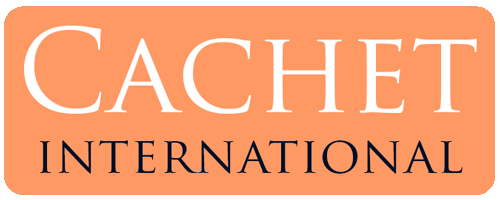
Our Articles
Investigative News and Insights
© 2024
All Rights Reserved | Cachet International, Inc.
Registered with the Arizona Department of Public Safety under Arizona License 1536489

All Rights Reserved | Cachet International, Inc.
Registered with the Arizona Department of Public Safety under Arizona License 1536489